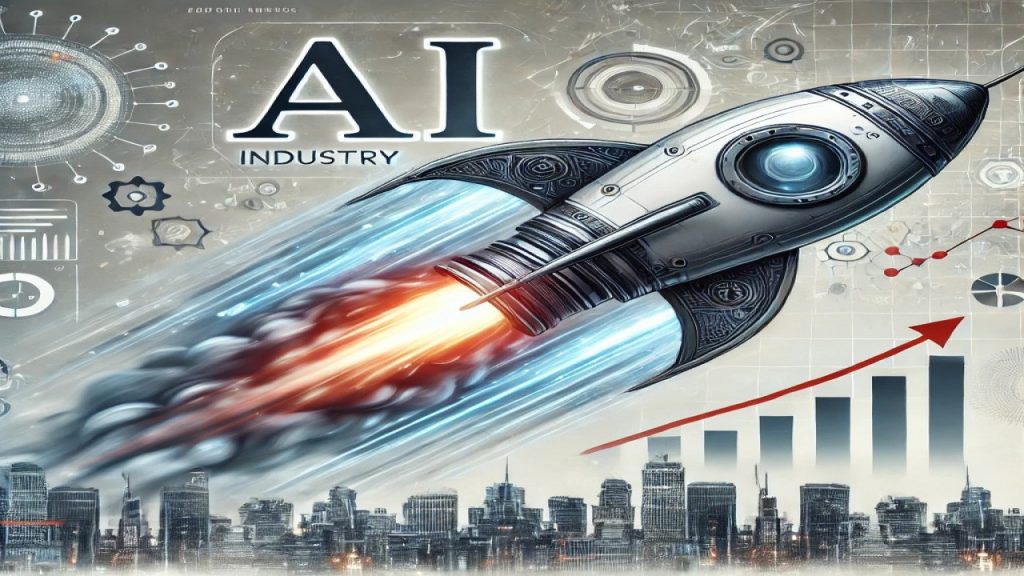The AI Rocketship: Is It Running Out of Steam?

The AI Rocketship: Is It Running Out of Steam?
Over the past few years, artificial intelligence has been heralded as the future of innovation, driving massive investments and reshaping industries. From automating customer service to revolutionizing healthcare, AI seemed unstoppable. However, recent trends suggest the AI juggernaut might be losing some momentum. Could it be that the AI rocketship is running on fumes?
Overhype Meets Reality
In the tech world, few things have captured attention like artificial intelligence. Companies promised breakthroughs, investors poured billions into startups, and businesses scrambled to integrate AI solutions into their operations. But as the dust settles, many are questioning whether the technology is delivering on its lofty promises.
Take generative AI, for example. Tools like ChatGPT and DALL-E made headlines for their creativity, yet businesses are beginning to report diminishing returns. Early adopters saw novelty and excitement, but sustaining practical, long-term value has proven more challenging than anticipated.
The Financial Strain
The cost of developing and deploying AI systems is staggering. Training large-scale AI models requires immense computational power, translating into sky-high expenses. This has led even tech giants like Google and Microsoft to reconsider the pace of their AI investments. Meanwhile, smaller firms are struggling to justify the ROI of such hefty spending.
Furthermore, the economic climate has shifted. Rising interest rates and concerns about a potential recession have tightened the flow of venture capital. Many startups reliant on continuous funding for their AI projects are now finding themselves at a crossroads.
Regulatory Hurdles
Governments around the globe are waking up to the implications of unchecked AI development. Stricter regulations on data usage, privacy, and ethical considerations are emerging, especially in regions like Europe with its stringent GDPR laws. In the United States, debates over how to regulate AI without stifling innovation are heating up. These hurdles add layers of complexity for companies already grappling with technological and financial challenges.
Consumer Fatigue
Another factor contributing to the perceived slowdown is consumer fatigue. When AI tools first entered the market, users were intrigued and excited. However, as the novelty fades, people are beginning to notice limitations. For example, AI-generated content can sometimes feel repetitive or lack human nuance. Consumers and businesses alike are becoming more critical, demanding tangible value rather than flashy demonstrations.
The Road Ahead
This isn’t to say AI is going away. Far from it. The technology still holds immense potential, particularly in fields like medical research, climate modeling, and logistics. However, the AI gold rush may be settling into a more measured and sustainable phase. Instead of chasing every buzzword, businesses are likely to focus on practical applications that solve real-world problems.
For investors and entrepreneurs, the lesson is clear: the days of easy money in AI are over. Success in this space will require a sharper focus on execution, profitability, and value creation.
The AI rocketship might be running on fumes, but it hasn’t crashed. What we’re witnessing is a necessary recalibration, a shift from hype to substance. As companies and consumers adjust their expectations, the true potential of artificial intelligence will continue to unfold—albeit at a more realistic pace.
By grounding ambitions in reality, the AI industry has a chance to mature and solidify its role as a cornerstone of future innovation. For now, though, the ride may be a little less thrilling and a lot more grounded.





